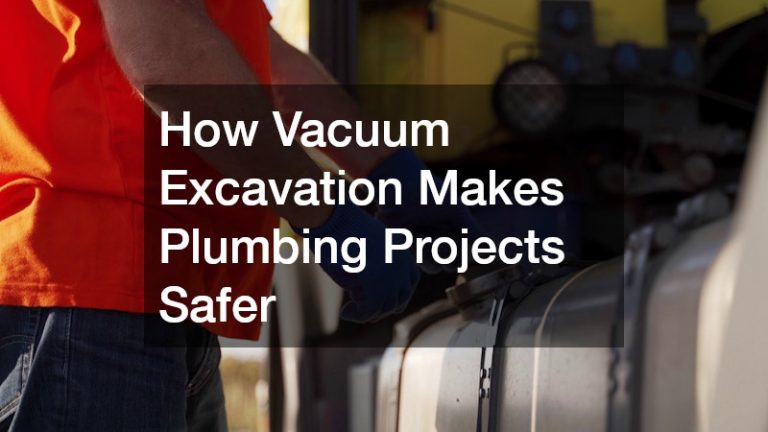
There comes a time when everything requires a simple fix or total repair, and unfortunately, it’s always the times we least expect it. For many home and business owners, an unexpected repair can spell out trouble depending on its severity, especially in the summer and winter months were the most common things to fix are a heating, water heater, and air conditioning and residential plumbing. We’re here to provide you a few tips about when to call a plumber, and what preemptive measures to take to eliminate buying a new HVAC and AC unit.
Signs You Need AC Repair Services
Nobody wants to endure the summer months with a broken AC unit; unfortunately for many, this situation is all too common. Although there are slightly effective alternatives to a defective AC unit or water heater—fans and ice don’t quite compare to the pleasures of air conditioning. To prevent this situation from happening to you, we’ve made an extensive list concerning the common signs of a broken air conditioner.
1. Constant repairs: Typically, an AC installation is meant to last between 10-15 years, if installed properly. However, if your AC unit or water heater is in constant need of repairs every few months or years, installing a new AC unit is your best bet to ensure your comfort and saving money. When you have your AC installed be sure to discuss the AC warranties and the overall cost of different AC models to ensure the unit provides quality service and relatively low maintenance to prevent excessive costs.
2. Odd noises: This is a prevalent warning sign in old or broken units that you should pay attention to, as various noises indicate what the issue might be. Droning is signified through whirring noises and indicates compressor problems; Grinding is commonly presented through screeching sounds that indicate a failing blower motor, Clicking is self-explanatory—the unit won’t turn on, which indicates an electrical problem. Duct noises are categorized as any ratting, whooshing, clamoring or banging sounds from air vents that indicate issues with the ductwork design. If your AC unit or water heater is making noise sure to contact an experienced electrician to identify and solve the problem.
3. Poor Performance: If your AC unit isn’t providing quality service, this is an obvious sign that the unit needs to be replaced. An AC unit or water heater that’s performing below average eventually leads to more costly issues—signs like leaky air ducts often put a strain on an AC unit and ultimately raises the electricity bill. To combat this common issue, Fargo, North Dakota has taken the initiative of offering ductless air conditioning to prevent this issue from being a common occurrence.
4. Excessive moisture: An AC will create some moisture, but large pools of moisture are a sign an AC unit is failing. Excessive leaking not only severely affects the quality of your unit but creates an unhealthy environment that acts as a breeding ground for mold. Contact a residential or commercial electrical professional if this problem persists.
5. Unpleasant smells: Similar to sounds, foul smells from an AC are warning signs an AC unit needs to be repaired immediately.
Signs You Need A New HVAC System
Like AC units, having an HVAC unit is imperative to those living in regions like North Dakota where both heat and cooling is important to sustain life there. However, HVAC units are bound to face electrical and plumbing issues that eventually affects overall home maintenance and comfort if left unchecked. Many HVAC service professionals say nearly 75% of non-heat calls during winter months are related to a neglected furnace that leaves many families without heat in freezing temperatures—it’s important to take preventative measures to ensure your family health and safety through regular HVAC maintenance.
a. Abnormal running times: If an AC unit or furnace is running beyond its standard time, it’s an indication that there are major problems with producing and circulating heat and or air throughout your home to maintain a comfortable temperature. This could also be an issue during installation—using improper equipment has the potential to decrease heating and cooling by at least 30%. For residential plumbing be sure to contact a skilled plumber to resolve the issue.


